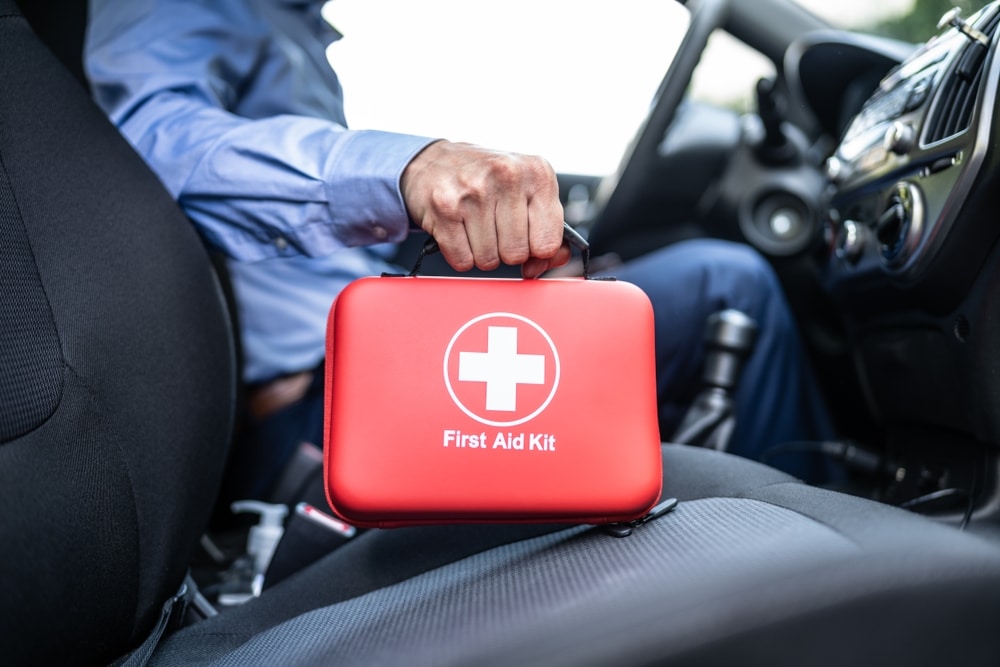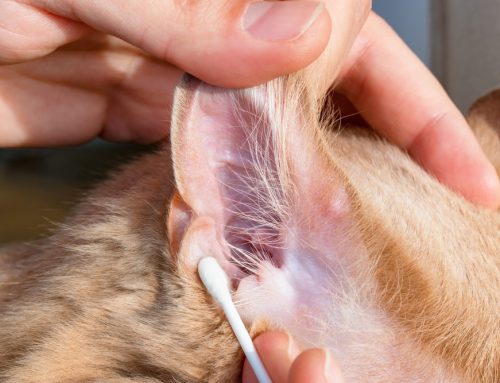Pet Travel Risks: What Diseases Could Your Pet Pick Up on the Road?
Traveling with your pet can transform an ordinary trip into something truly special. Whether it’s a cross-country road adventure, flying to visit relatives, or a weekend getaway at the lake, bringing your dog or cat along keeps the family complete. But while the memories are priceless, travel also introduces risks. Unfamiliar environments mean new diseases, parasites, and stressors that your pet doesn’t face at home.
At South Shores Pet Clinic in San Pedro, we want every journey to be safe and worry-free. That’s why we provide preventive care, advanced diagnostics, and international and domestic health certificates to ensure your pet is ready for the road- or the skies. And if your travel plans aren’t pet-friendly, our boarding and grooming services provide trusted, comfortable alternatives.
Let’s take a closer look at the most common diseases and health risks pets face when traveling, and how to prepare for them.
Why Travel Increases Risk of Illness
At home, your pet’s routine offers predictability and safety. On the road, that changes. Pets may be exposed to:
- Regional diseases they’ve never encountered
- Parasites like ticks, mosquitoes, and intestinal worms
- Stressful travel conditions, such as loud airports or long car rides
- New foods, water, or climates that can upset digestion or allergies
- Close contact with other pets or wildlife
Even the healthiest pets can get sick when exposed to unfamiliar pathogens. Knowing the risks in advance means you can take steps to protect them.
Top Travel-Related Diseases in Pets
1. Leptospirosis
This bacterial infection is spread through contaminated water or soil and is common in areas where wildlife roam. We’re not just talking about rural countryside- inner-city squirrels and rats can also carry it. Pets can become seriously ill with vomiting, fever, jaundice, and kidney or liver damage. Because it is zoonotic, humans can also contract it.
Prevention: Ask your veterinarian if the leptospirosis vaccine is appropriate for your travel region. Prevent your dog from drinking from puddles, streams, or lakes during travel.
2. Heartworm Disease
Mosquitoes carry heartworm disease, and risk varies dramatically by region. The CAPC prevalence map shows hotspots across the southern and midwestern United States. Symptoms often appear late and may include coughing, weight loss, or exercise intolerance.
Prevention: Keep your pet on a monthly preventive year-round, and schedule annual testing- especially after travel to higher-risk areas.
3. Tick-Borne Illnesses
Lyme disease, ehrlichiosis, and anaplasmosis are all spread by ticks. Each causes unique issues ranging from joint swelling to fever and lethargy. In severe cases, organ damage can occur.
Prevention: Apply veterinarian-approved flea and tick preventives, avoid dense brush on hikes, and do a full tick check after outdoor excursions.
4. Gastrointestinal Upset and Parasites
A sudden change in food, contaminated water, or stress can cause vomiting and diarrhea. Parasites like Giardia and roundworms are also common in new areas. Symptoms include soft stool, appetite changes, and dehydration.
Prevention: Bring your pet’s usual food and bottled water. Avoid letting them drink from communal bowls or natural water sources. Keep your pet on monthly heartworm preventative, which also includes prevention for many internal parasites.
5. Heatstroke and Dehydration
Travel often means long hours in cars, RVs, or outdoor spaces. Dogs and cats can quickly overheat, especially in warm climates. Symptoms include heavy panting, drooling, weakness, and collapse.
Prevention: Never leave pets unattended in cars, even with windows cracked. Provide frequent rest stops, shaded breaks, and carry water with a collapsible bowl.
6. Toxic Plants and Algae
Pets are naturally curious, and new destinations bring new risks. Toxic plants, such as oleander or sago palm, and toxic algae blooms can cause severe poisoning.
Prevention: Review the ASPCA toxic plant list. Keep pets away from stagnant or algae-covered water.
7. Wildlife Encounters
Wildlife interactions can lead to injuries, infections, or rabies exposure. Even a curious sniff at a raccoon’s den or a too-close look at a skunk can end badly.
Prevention: Keep pets on a leash in unfamiliar areas and make sure vaccinations, especially rabies, are current. Learn how to respond to wildlife encounters.
8. Allergies: Environmental and Contact Triggers
Traveling often means exposure to unfamiliar plants, grasses, cleaning products, or even new bedding materials. These can trigger allergic reactions in sensitive pets. Environmental allergies (like pollen or mold) often cause itchy skin, watery eyes, or sneezing, while contact allergies may lead to redness, rashes, or paw licking after walking on treated lawns or hotel carpets.
Prevention: Pack your pet’s usual bedding and blankets to minimize contact with new detergents or fabrics. Wipe paws after outdoor walks to remove pollen, pesticides, or fertilizers.
Preparing Your Pet for Travel
Schedule a Pre-Travel Checkup
Book a travel prep visit at least 2–3 weeks before departure for road trips. During this visit, our veterinarians can:
- Update vaccines
- Review and adjust parasite prevention
- Prescribe calming or anti-nausea medication if needed
- Provide complete medical records
- Issue domestic health certificates
Request an appointment online to get started.
Domestic vs. International Travel
For travel within the U.S., requirements usually include being current on vaccines and parasite prevention. For international trips, requirements vary by country and may include:
- Rabies titers or special vaccinations
- Quarantine periods on arrival
- Endorsement of health certificates by USDA officials
Our veterinarians can guide you through this process to ensure compliance and a smooth journey. Some countries require many months or even years of preparation- please let us know about your travel plans as soon as you can.
Pack a Pet Travel Kit
Your pet’s suitcase should include:
- Food and bottled water from home
- Medications and preventives
- Travel crate or harness
- Copies of health certificates and records
- Toys, blankets, or comfort items
- First aid kit and cleanup supplies

Stress Management on the Road
Travel is exciting for people but stressful for pets. Signs of travel stress include panting, drooling, pacing, or hiding.
Tips for reducing stress:
- Use familiar bedding and toys in carriers
- Take short practice trips before long ones
- Ask about calming medications if your pet has travel anxiety
Consider Boarding When Travel Isn’t Pet-Friendly
Not all trips are right for pets. Some animals may struggle with long flights, extreme climates, or travel restrictions. In these cases, boarding at South Shores offers a safe, caring alternative where your pet receives attention, exercise, and medical oversight if needed.
After Travel: Watch for Delayed Symptoms
Some illnesses, such as tick-borne diseases or intestinal parasites, may not show signs until weeks after exposure. Monitor your pet for:
- Vomiting or diarrhea
- Lethargy or loss of appetite
- Coughing, sneezing, or breathing issues
- Limping, swelling, or joint stiffness
If you notice changes, call us right away. Our diagnostics can quickly uncover the cause and begin treatment.
A Trusted Partner for Your Pet’s Travels
At South Shores Pet Clinic, we believe every pet deserves to travel safely and every family deserves peace of mind. From preventive care and diagnostic services to boarding, grooming, and official travel certificates, we are here to prepare your pet for the journey ahead.
2318 S Western Ave, San Pedro, CA
(310) 832-5327
Request Your Appointment Today
With the right precautions, you can explore the world together- safely and with confidence that your pet is protected at every step.







Leave A Comment